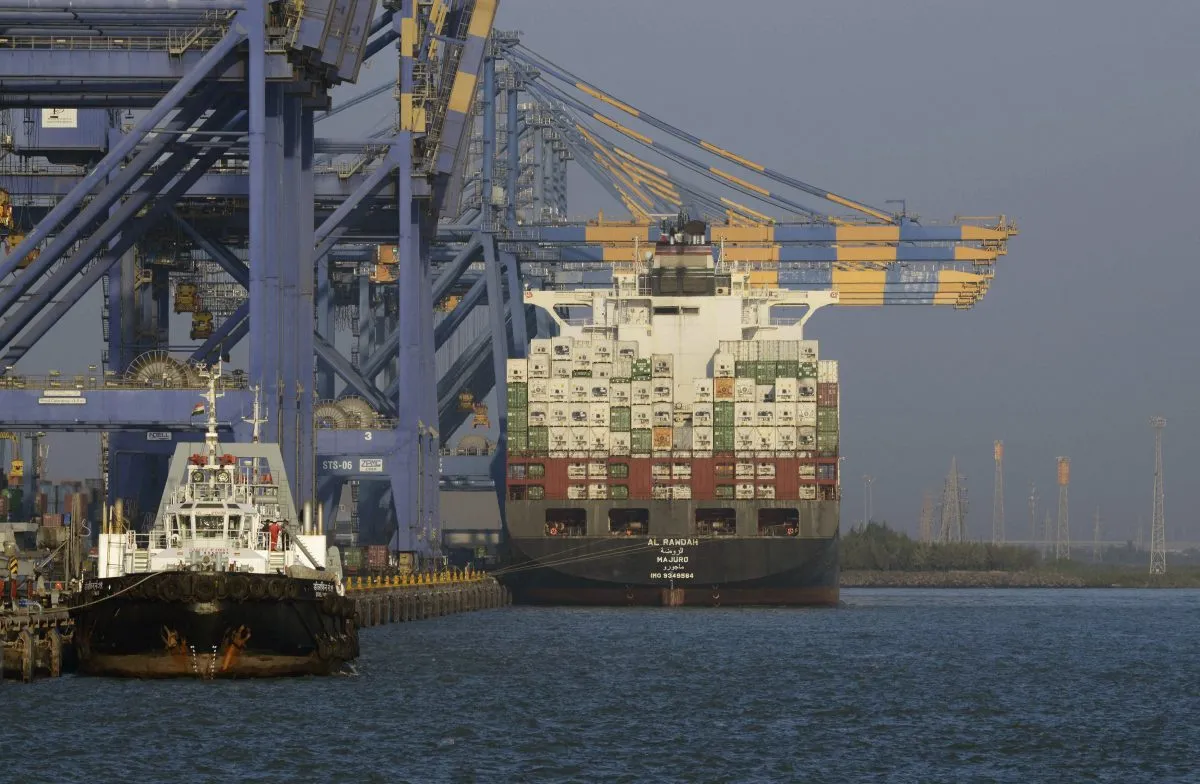In a panel discussion organised by the Africa Collective on the sidelines of the World Economic Forum, investors called for more efforts to drive industrialisation through the creation of special economic zones (SEZs).
Denys Denya, senior executive vice president of the African Export-Import Bank (Afreximbank) said SEZs – areas within a country that have different business and trade laws – are a critical tool in overcoming some of the challenges in industrialisation, as they provide a controlled environment within which critical infrastructure can be concentrated to support industrial activity.
“Africa lacks infrastructure across the board, whether you’re talking about roads, ports, or energy,” he said, noting that SEZs provided an integrated solution.
Bhavin Vyas, chief sustainability officer at ARISE Integrated Industrial Platforms, a major SEZ investor on the continent, stressed that the zones enable value retention, job creation and sustainable economic growth across the African continent.
“One of the biggest aspects of industrialisation is to create jobs, which means retaining more value within the continent, reducing poverty, and providing trickle-down economic benefits across the value chain,” he argued.
Vyas explained that the firm’s strategy centres on transforming Africa’s raw materials – traditionally exported in raw form with minimal value retained – into finished goods within the continent. From sourcing and storing to processing and exporting, the company’s design-build-finance-operate model ensures value addition at every stage of the supply chain.
“Whether it’s a t-shirt, cocoa, or furniture from timber, we’re creating globally competitive brands that put Africa on the map,” he said.
This model also addresses global challenges, including supply chain inefficiencies and climate concerns, he said. By localising production in countries like Benin, Arise says it has drastically reduced the carbon footprint of exported goods.
“An average t-shirt used to travel 5,000km, but by sourcing and transforming within Africa, we save 70% in carbon emissions,” Vyas noted, emphasising the dual impact of industrialisation in reducing poverty and combating climate change.
‘Africa cannot be world’s sweatshop’
Amani Abou-Zeid, the African Union’s commissioner for infrastructure, energy and digitalisation, however cautions against Africa becoming a low-wage manufacturing hub or a ‘t-shirt factory’ for the world.
“The industrialisation we need is not based on residuals from China or low wages,” she said. “It must be value-addition industrialisation, built on quality, standards, and the use of technology, including AI and robotics. This approach will propel the continent to the developed stage we aspire to, ensuring the well-being of our people.”
“Africa is not and should not be a sweatshop for the world,” Abou-Zeid asserted.
“With our people, technology, and energy, we are capable of competing globally and diversifying value chains for the world.”
The Lobito Corridor, a US-backed major infrastructure scheme that embraces multiple countries in Central Africa, is expected to host SEZs in a bid to improve value addition around critical minerals.
Louis Watum Kabamba, minister of industry and development of SMEs, in the Democratic Republic of Congo, said the initiative will transform the region’s approach to resource utilisation. “We have come to realise, especially in the DRC, that the pit-to-port model inherited from colonial times is no longer viable,” he explained.
“This cannot continue and that’s one of the reasons why we’re thinking very seriously of adding value.” For example, rather than exporting raw materials, the DRC aims to start making and exporting, products that go into the fabrication of precursors for batteries. “Finally, we can start making these batteries,” Kabamba said.
Want to continue reading? Subscribe today.
You've read all your free articles for this month! Subscribe now to enjoy full access to our content.
Digital Monthly
£8.00 / month
Receive full unlimited access to our articles, opinions, podcasts and more.
Digital Yearly
£70.00 / year
Our best value offer - save £26 and gain access to all of our digital content for an entire year!

 Sign in with Google
Sign in with Google 



